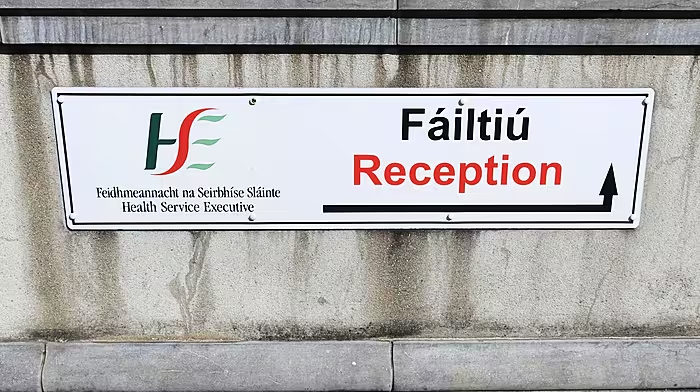OUR enlightening visit to the European Parliament sittings in Strasbourg last week coincided with an important vote to ban some of the most problematic single-use plastic items, as proposed by the European Commission.
OUR enlightening visit to the European Parliament sittings in Strasbourg last week coincided with an important vote to ban some of the most problematic single-use plastic items, as proposed by the European Commission. Its plan is quite comprehensive and, in spite of intensive lobbying by the likes of Coca Cola, Pepsi, Nestlé and Danone to water down the directive, it includes measures to hold producers accountable for the costs of single-use plastic pollution.
The measures adopted by an overwhelming majority of the European Parliament include an EU-wide ban of single-use plastic cotton buds, straws, plates and cutlery (with exemptions until 2023), beverage stirrers, balloon sticks, oxo-degradable plastics and expanded polystyrene food containers and cups. They will place an obligation on EU countries to adopt measures to achieve a 25% reduction of the consumption of food containers and cups for beverages.
The measures require separate collection of 90% of beverage containers and obligations to ensure they are produced from 35% recycled content by 2025 and that certain single-use plastic products are labelled to inform consumers about the presence of chemicals of concern in them. The prevention of the use of hazardous chemicals in the composition of sanitary items is another one of the measures.
EU countries will be required to reduce post-consumption waste from tobacco product filters containing plastic by 50% by 2025 and 80% by 2030, and to introduce Extended Producer Responsibility (EPR) schemes that include the cost of clean-up and awareness-raising measures.
For coastal areas such as West Cork, which are seeing more and more discarded fishing gear and plastic waste generally contributing to marine litter, it is good to note that the EU will be setting standards and determining minimum collection and recycling targets for member-states. Harmonised standards and an EPR scheme for fishing gear, as well as a 50% collection target and a 15% recycling target for fishing gear by 2025, are part of the ambitious plan which has been welcomed by environmental activists.
Of course, having a plan is one thing. For it to succeed, it needs to be implemented as quickly and as fully as possible. This month, three-way talks between EU national governments, the European Parliament and the European Commission are expected to set the process in motion.
While it was encouraging to note that all of the Irish MEPs we met in Strasbourg were fully supportive of the proposed measures, it is important that our own national government gets involved in their implementation with the urgency that is required to make sure we meet our targets, especially seeing we have failed badly so far in meeting our greenhouse gas emissions reduction and waste water treatment targets – for which we risk hefty fines.
While some people may be sceptical about the EU, feeling that it is a big lumbering bureaucracy off out there in the distance somewhere that does not impact on their daily lives, it is on issues such as the massive single-use plastics problem that it really comes into its own and sets out ways to tackle it across the Union, with an element of compulsion on member-states, in order to make a tangible difference to citizens’ lives. It also possesses the might to resist the overtures of powerful vested interests that most of the smaller countries – ourselves included – lack.
The EU must lead by example on single-use plastics, however, especially as all the meeting rooms we used in Strasbourg last week had what seemed like an endless supply of still and sparkling water in plastic bottles that were constantly being replenished. This must be the starting point for a concerted Europe-wide drive to deal with the problem.







